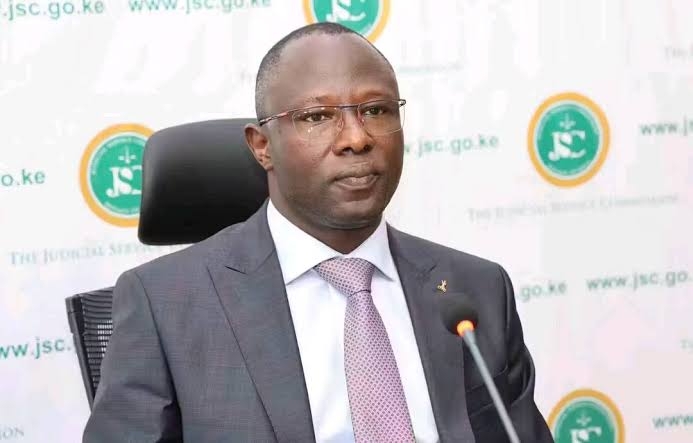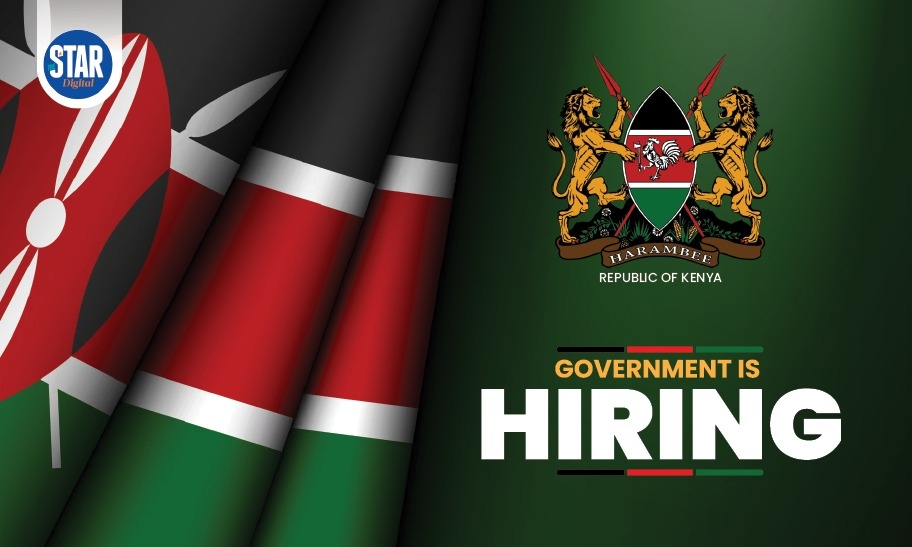As our country joins in marking World Mental Health Day, I want to acknowledge the countless members of our society to whom the day is dedicated: people who battle mental challenges and those who care for them, either as loved ones or in a medical capacity.
Mental health is an issue that affects many of us and one that touches each one of us. The Covid-19 pandemic has to a large extent exacerbated this situation as we now have reports of more mental-related cases than we have had before.
The anguish of mental health is alive in each one of us because we are but a step away from knowing a victim of suicide, drug abuse, gender violence and sadly, the growing incidents of child abuse. What is more painful is that behind these acts is the real culprit – the disease – which we more frequently than not, treat with shame and stigma rather than cure and compassion.
We need to change this paradigm. We need to give appropriately accessible and affordable mental services to all Kenyans. A child born with Down’s syndrome or autism deserves to have a childhood without bankrupting the parents. It is our role as a nation to offer support not only to those with mental disorders but also the caregivers. In this regard, the government is committed to working with persons with lived experiences as well as their communities and families.
Gone should be the days when our patients were either hidden or chained to posts behind our homes, gone should be the days when children with mental disorders were a blight on our society. We must instead create a society that not only embraces those with mental health challenges but also is not afraid of the financial impact of giving care to such individuals. To do this we must, as a government, intervene to create a better healthcare system for mental illness.
The Health ministry has developed and launched the Mental Health Policy 2015-2030, whose goal is the attainment of the highest standard of mental health. This is in line with the President’s Big 4 agenda which places an emphasis on access to quality healthcare for all through the universal health coverage scheme.
Moreover, the policy seeks to integrate the mental health services within the Kenya Essential Package for Health to enhance availability and access while addressing the systemic challenges and emerging life trends by providing for the mitigation measures against the burden of mental disorders. Further, this policy provides for the building of capacities for individuals and communities to deal with mental health issues.
The Ministry of Health is currently developing a Mental Health Action Plan as well as a Suicide Prevention Strategy.
We are taking all mental health issues head on. Last year, the government established a Mental Health Taskforce that came up with a number of recommendations. We are committed to the gradual implementation of these recommendations, which include the establishment of a modern neuropsychiatric hospital, with four satellite facilities, offering inpatient and outpatient referral services as well as telemental health services. At the same time, we are working with county governments to operationalise the regional centres for mental health to ease patient load at Mathari National Teaching and Referral Hospital.
The upgrading of Mathari Hospital to play its role as the premier referral hospital is a priority, and plans are underway to roll out far-reaching interventions targeting this facility.
In addition, we are committed to the provision of appropriate medication for people with mental health needs under the UHC package even as we work with partners on Quality Rights Mental Health Initiative focusing on human rights approach to mental health care for patients and caregivers. Under this initiative, and following on the recommendations of the taskforce, we are committed to work on public education to reduce stigma around mental disorders as well as promote dignity in care and recovery to those affected.
The mental health policy interventions are broad and cut across other sectors including education, labour market, social and economic areas. Consequently, there is a need for all sectors of the society to be aware of the demands placed upon us by the burden of mental health and join hands in addressing the challenges for the good of all.
As we celebrate the World Mental Health Day, it is my wish to restate the commitment of the government to put in place a response to the challenges posed by mental disorders that is equal to the burden. This will include investing in training and infrastructure.

















